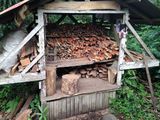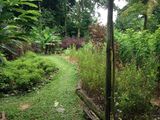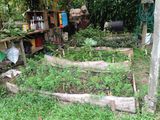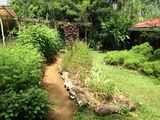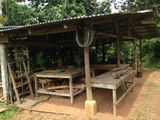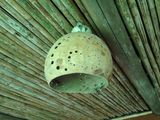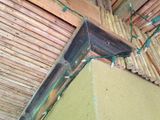Rancho Mastatal
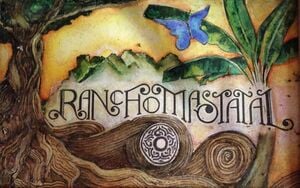
Rancho Mastatal is an environmental learning and sustainable living center, rural sanctuary and lodge located in Mastatal, a community of about 105 people, and on the edge of the last remaining virgin rainforest of Costa Rica's beautiful Puriscal County. The land lies within a biological corridor (in two biozones, one drier and one wetter, which provides incredible plant diversity) next to La Cangreja National Park. They practice, promote and teach about living responsibly in the Tropics while educating visitors about the significance and majesty of the world's disappearing tropical forests. They exemplify appropriate technologies and permaculture techniques and help facilitate local efforts in conservation, education, natural medicine and community growth.
Tim and Robin started Rancho Mastatal in 2001 with a vision to serve as an inspiration for sustainable technologies. They also wanted their project to involve and improve the local community. The main house at the ranch used to be a pulperia. The ranch continues to benefit the public by serving as a learning resource, and employment opportunity for local community members. It also helps facilitate many community projects financially, and it is involved in the local community board, known as the Ecovisionary Group. The ranch typically has 7 full time local employees, 0-6 full time international staff, up to 10 interns for 6-12 month internships, and occasional volunteers that visit for more than a month.
Rancho Mastatal has many structures that were built using natural building techniques and local resources. International interns, staff, and visitors live in those structures, while working and learning at the ranch. The ranch also exemplifies permaculture techniques, and has a garden that grows various crops depending on the time of year. Some of the crops grown in July 2014 were: red cranberry hibiscus, katuk, esmeralda (quail grass), Haitian basket vine, citronella, and spinach/vietnamese cilantro. By experimenting with various crops the ranch hopes to increase local food security. They produce and use local resources whenever possible and strive to be and to help the community become completely self-sustaining.
The community also brings knowledge to Rancho Mastatal, including but not limited to what to grow when and how to grow it, what to avoid, how to find natural medicines, language, and local resources. Some of the ideas from Rancho Mastatal have also spread to the community including composting toilets, and some natural building techniques, and the ranch has already helped facilitate local economy growth.
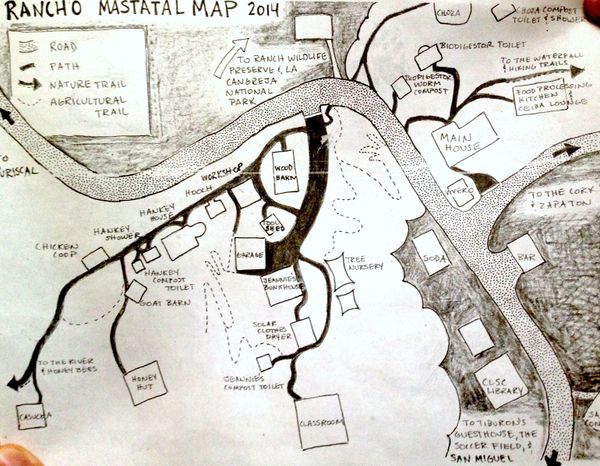
Project Pages[edit | edit source]
- Rancho Mastatal Ceiba lounge
- Rancho Mastatal Starboard Cork house
- Rancho Mastatal the Hooch bamboo house
- Rancho Mastatal the Hankey House
- Rancho Mastatal's example of mortise and tenon
- Rancho Mastatal showers
- Rancho Mastatal composting toilets
- Rancho Mastatal biodigester toilets
- Rancho Mastatal manure biodigester
- Rancho Mastatal earthen rocket oven
- Rancho Mastatal rocket stove
- Rancho Mastatal biochar stove
- Rancho Mastatal aquaponics
Photo Gallery[edit | edit source]
-
Bicycle powered grinder
-
Firewood hut
-
Organic gardens
-
Organic garden beds
-
Organic gardens
-
Rice husks used for mulching
-
Wood workshop
-
Porch light
-
Bamboo trimming
Partner Organizations[edit | edit source]
- EcoEmprendedores Mastatal (Ecovisionaries of Mastatal): Local board that unites to discuss betterment of community through business and politics. Manages money from the Mastate Charitable Foundation.
- Mastate Charitable Foundation: Functions under Marion Institute, and provided funds for a community library and other projects.
- Aerie: Wilderness First Responder & Wilderness EMT
- Yestermorrow
- Bona Fide in Nicaragua: Group that teaches permaculture.
- Various universities that visit.

